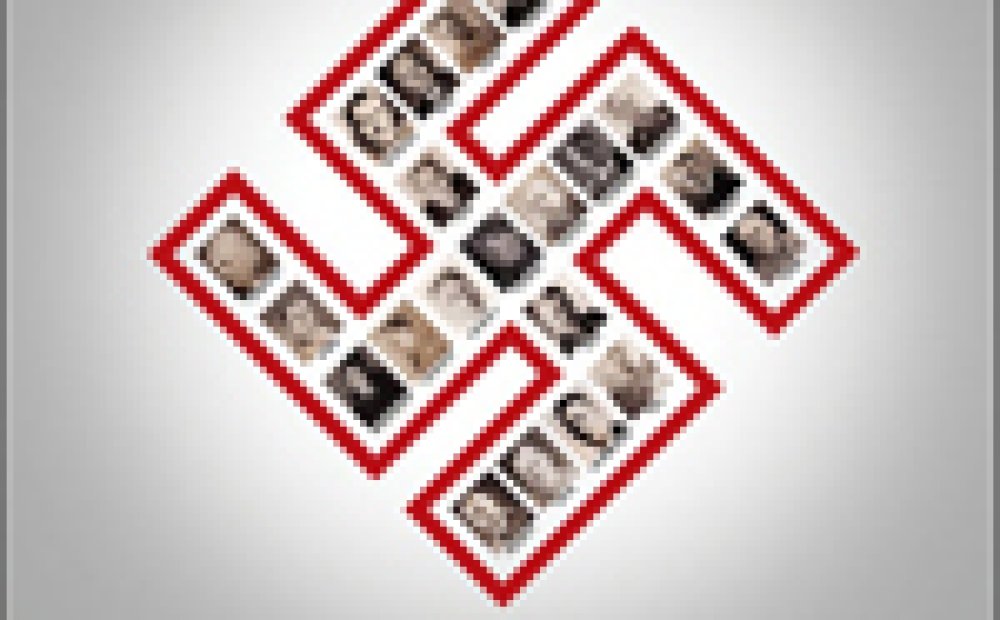Offsite Film Screening: <i>Nuremberg: Its Lesson for Today</i>

This event is co-sponsored by the History and Public Policy Program and The George Washington University.
Updated location of the film screening:
The George Washington University Law School
Funger Hall, Room 103
2201 G Street, NW
Washington, D.C. 20052
Nuremberg: Its Lesson for Today depicts the most famous courtroom drama in modern times, which is also the first set of trials to make extensive use of film as evidence, and was the first trial to be extensively documented, aurally and visually. All of the proceedings, which lasted for nearly 11 months, were recorded. Though strict limits were placed on the Army Signal Corps cameramen by the Office of Criminal Counsel. In the end, they were permitted to film only about 25 hours over the entire course of the trial. This was to prove a great impediment for writer/director Stuart Schulberg, and his editor Joseph Zigman, when they were engaged to make the official film about the trial, in 1946, shortly after its conclusion.
Nuremberg: Its Lesson for Today follows the structure of the trial, using the four counts of the indictment as its organizing principle. While much of the film is set in the courtroom, Nuremberg reconstructs the prosecution's case and rebuts the defendants' assertions by relying on the Nazis' own films.
Introductory remarks will be given by Sandra Schulberg, Co-Creator/Producer, Nuremberg: Its Lessons for Today. Following the film screening there will be a panel discussion.
The film was reviewed by Ann Hornaday at The Washington Post. To see the full review please visit The Washington Post website.
Hosted By

History and Public Policy Program
A leader in making key foreign policy records accessible and fostering informed scholarship, analysis, and discussion on international affairs, past and present. Read more


Cold War International History Project
The Cold War International History Project supports the full and prompt release of historical materials by governments on all sides of the Cold War. Read more
